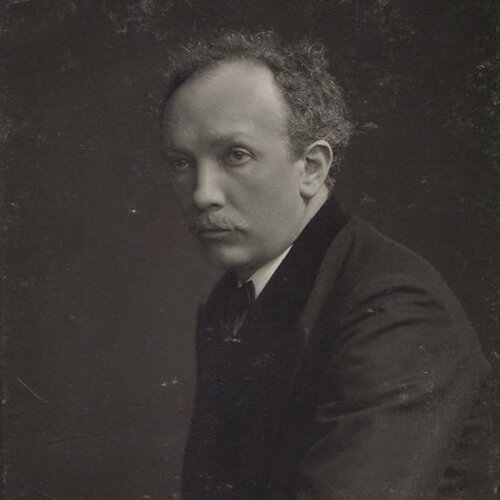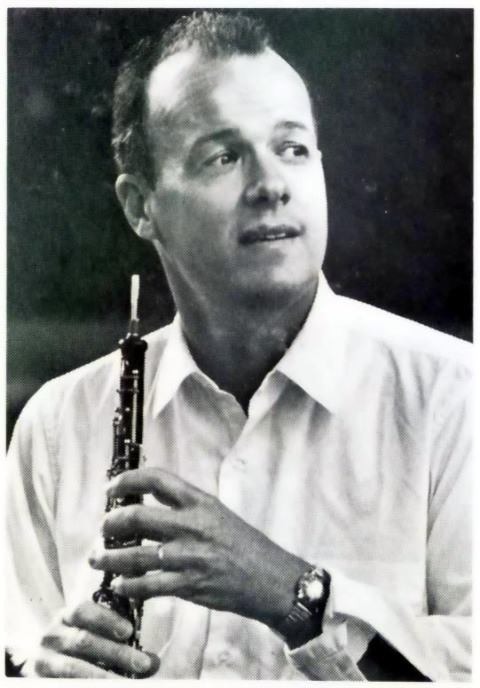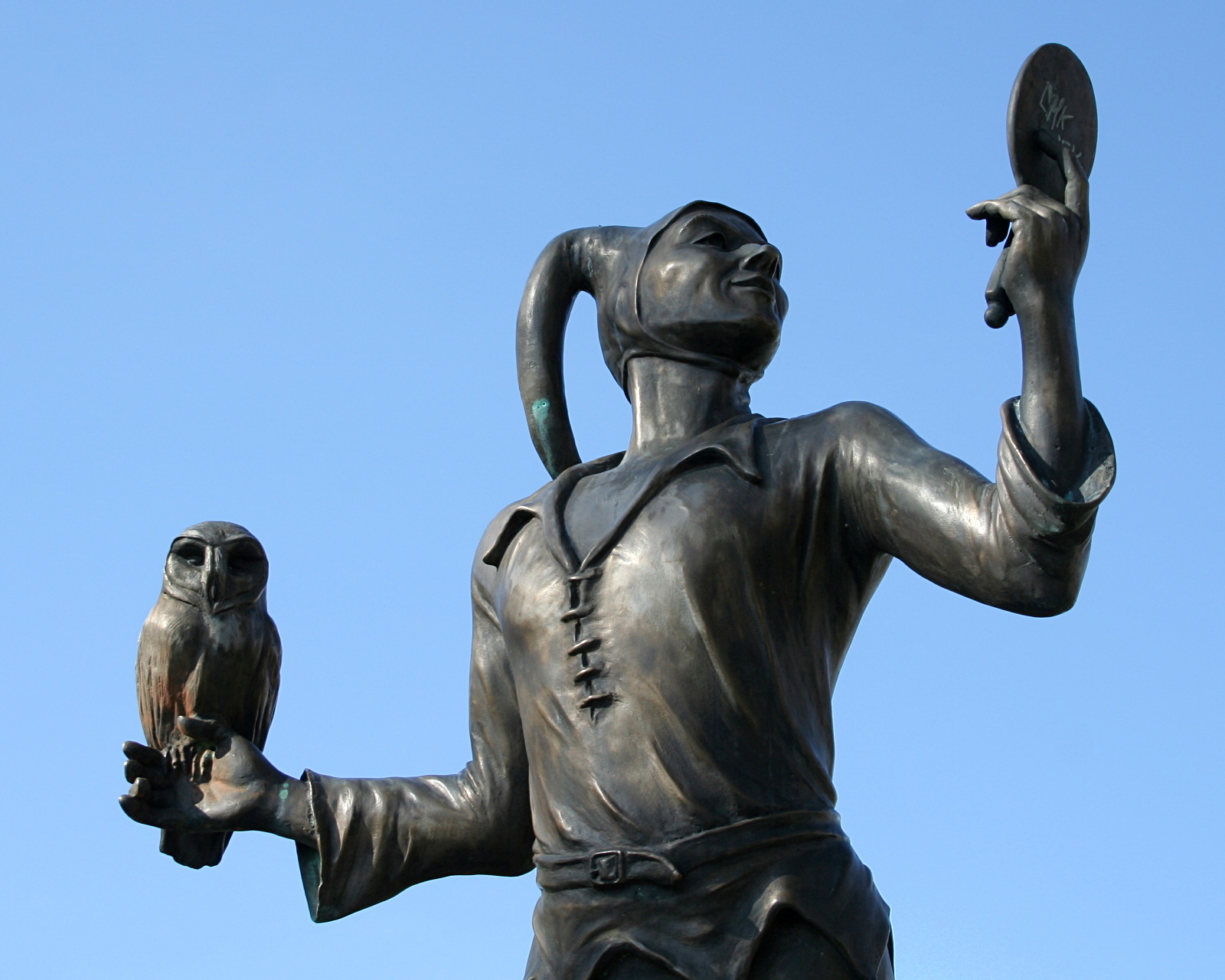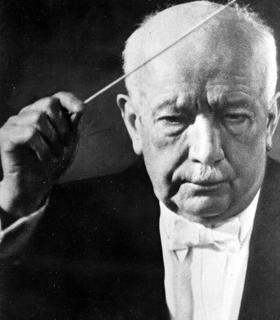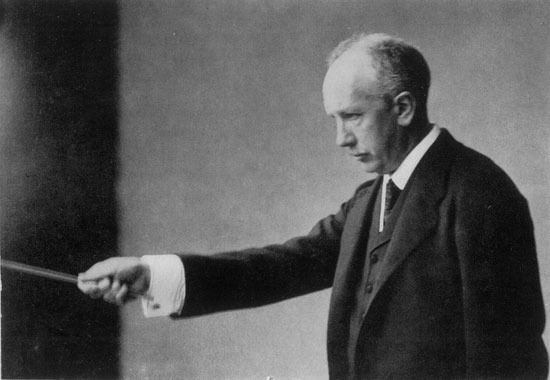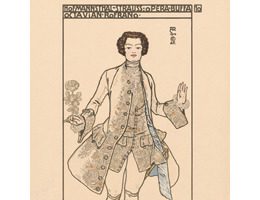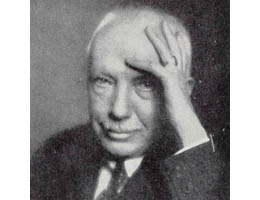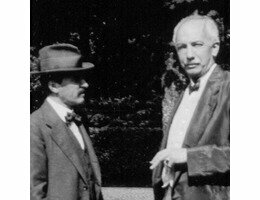Henry David Thoreau once wrote, “Most people go to the grave with a song still in them.” A good number of famous composers throughout the ages have gone to their graves with a lot of songs in them! Take for
R. Strauss
“Minors of the Majors” invites you to discover compositions by the great classical composers that for one reason or another have not reached the musical mainstream. Please enjoy, and keep listening!
For Richard Strauss, music was always capable of telling a good story. In his tone poems, we find a composer “capable of making poetic or narrative content and formal design coalesce with great brilliance.” Strauss’s tone poems—although he preferred to
The idea that orchestration, the technique of employing instruments to portray any musical aspect, is an integral and creative aspect of the compositional art has only gradually been accepted.
We always seek mentors and look for the pearls of wisdom that drop from their lips. The composer and conductor, Richard Strauss, created 10 Golden Rules in 1922 for conductors. As you read this, think of images of Strauss as
From his glorious summation of 19th-century Romanticism to the deeply probing psychological experimentations of 20th-century Modernism, the long career of Richard Strauss spanned one of the most chaotic political, social, and cultural periods in human history. Composing in all genres,
With his three last and largest tone poems – Ein Heldenleben (1897/8) the Sinfonia Domestica (1903) and Eine Alpensinfonie (1915) – Richard Strauss faced mounting criticism, charges of excess, megalomania, superficiality, and bad taste. For the eminent Richard Strauss scholar
Richard Strauss: Elektra In Greek mythology, Elektra is widely considered the most psychologically advanced Greek tragedy. The Greek dramatist Sophocles constructed a play that centers on the heroine’s obsession to avenge her father’s murder. Elektra lives in hope that her

